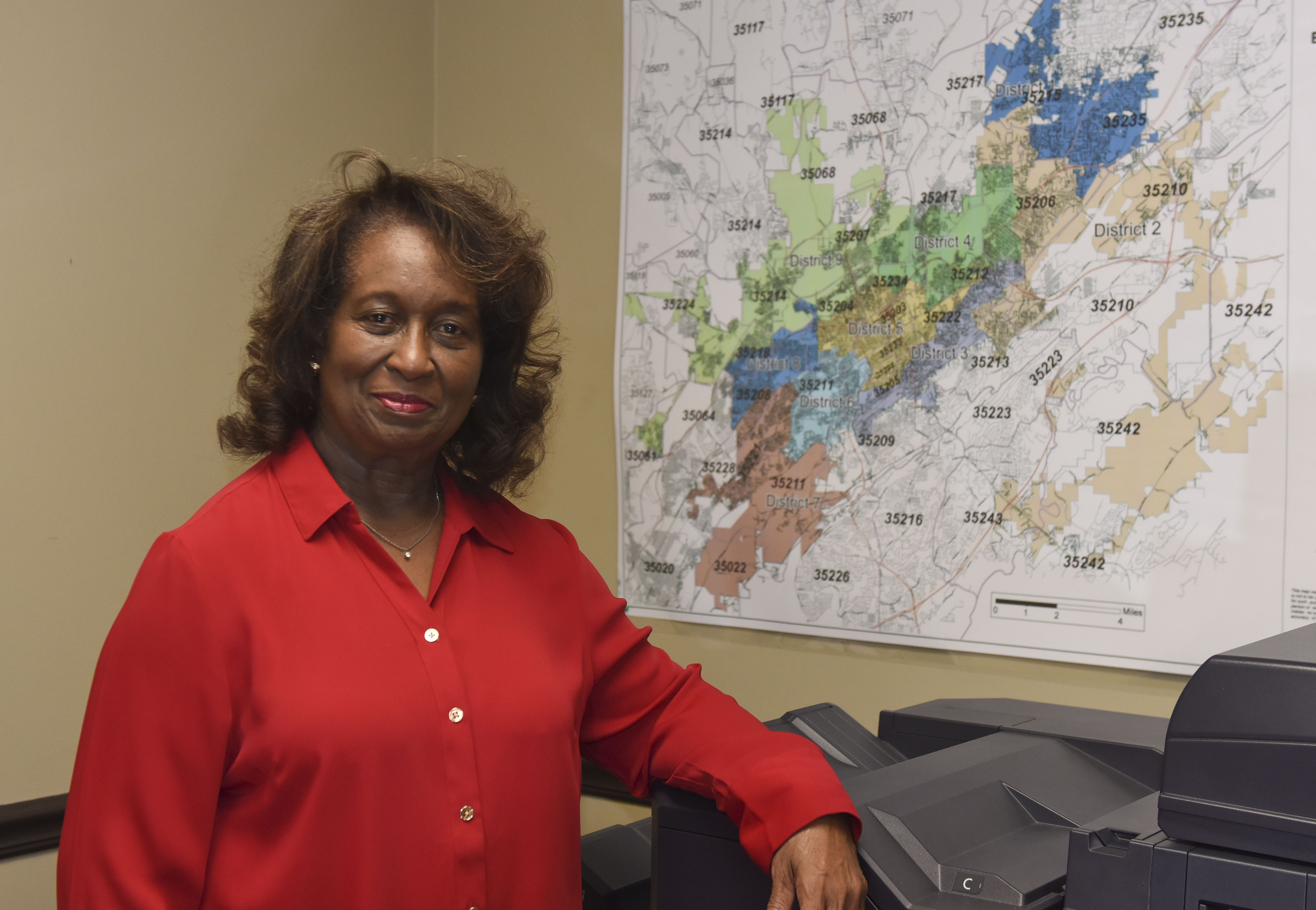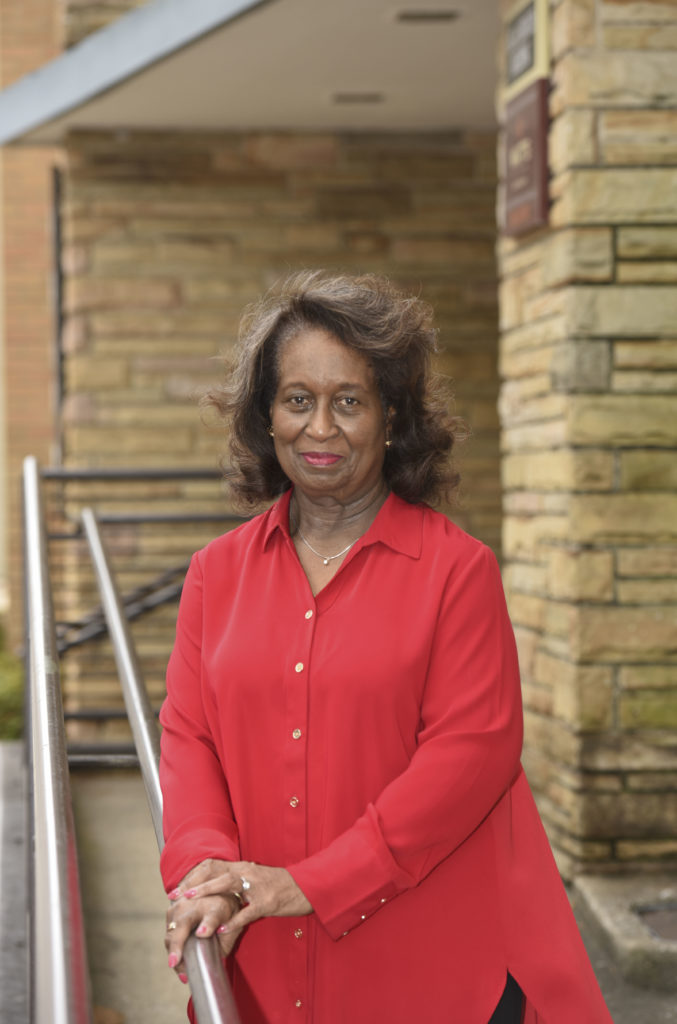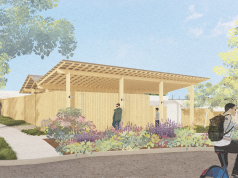
By William C. Singleton III
For the Birmingham Times

The executive director of the Fair Housing Center for Northern Alabama (FHCNA) knows what it’s like to face housing discrimination—both as part of her job helping others and on a personal level.
When Lila Hackett’s husband was transferred by his job and the family moved to Dothan, Ala., in 1977, they found themselves searching for a home. They told their agent what they were willing to spend and asked him to show them homes in their price range.
“He kept carrying us to communities where the homes were much less than what we told him we were willing to spend, and we couldn’t figure out why,” Hackett said. “But then we realized all the communities he was taking us to were predominantly minority communities, and he refused to take us anywhere else.”
Eventually, the couple found another realtor “who wanted to make the commission,” she said laughing. “We ended up buying a house in a nonminority community.”
Since that encounter, Hackett has moved back to Birmingham to take over as executive director of the FHCNA. In her current role, she helps others who face housing discrimination investigate and, if necessary, resolve their cases. Not every complaint the center receives merits legal action, though.
“Every time someone comes in to say they’ve been discriminated against, it’s not necessarily a fair-housing-discrimination complaint,” Hackett said. “Sometimes, it’s a landlord-tenant issue. Sometimes it’s a mere misunderstanding, and we can get on the telephone … and resolve the issue in less than five minutes.”
Hackett is the FHCNA’s first and only executive director since it was founded in June 1993. She came to the center from the city of Birmingham, where she worked in community development with the neighborhoods; she also spent 10 years directing a housing counseling agency. Hackett found out about the center’s executive director position through a newspaper ad. She applied, was interviewed twice, was hired—and hasn’t looked back since.
“What’s gratifying to me is seeing the results of our work when we’re able to resolve issues for families or just for individuals,” Hackett said. “I’ve been a victim of housing discrimination, so I know how it feels. Just to be able to resolve an issue for someone is gratifying.”




